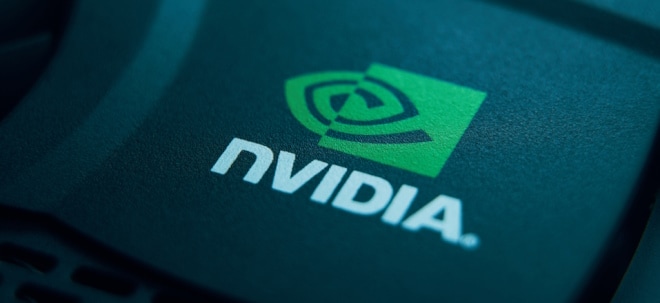Ex-Sprint Official Warns: Merging Wireless Technology Isn't Easy
By Thomas Gryta
Combining wireless networks that operate on distinct and incompatible platforms isn't as painless as executives from T-Mobile and MetroPCS Communications Inc. (PCS) have indicated, according to someone who had to do just that last decade.
"I think it is easier said than done," said Paul Saleh, who was chief financial officer at Nextel when it was bought by Sprint for $35 billion in 2005. He remained in that role at the combined Sprint Nextel Corp. (S) until 2008 and served as interim chief executive before the current leader, Dan Hesse, was named.
Mr. Saleh said Sprint and Nextel also were planning to migrate users of both their networks to a common third technology, just as T-Mobile and MetroPCS have said they would do by shifting customers to a next-generation LTE network. However, for Sprint, merging the networks proved trickier than expected prompting customers to leave and Sprint to eventually write off the entire value of Nextel.
"The technology is going to be equally challenging," said Mr. Saleh, who is now chief financial officer of Computer Sciences Corp. (CSC)
T-Mobile Chief Executive John Legere, who also will head the new company, insisted Wednesday that Deutsche Telekom AG (DTEGY, DTE.XE) unit has the needed capacity and a careful plan for the MetroPCS migration, including a tailored process for every market. It expects to finish by the end of 2015.
"The soundbite that this is a Sprint Nextel do-over is absolutely completely wrong," Mr. Legere said. Representatives from the current Sprint Nextel declined to comment for this story, and T-Mobile had no immediate comment beyond the remarks Wednesday.
Ironically, among the larger wireless carriers, it is Sprint that seems the most impacted by the deal between T-Mobile and MetroPCS.
Many had expected Sprint to make a significant move after Mr. Hesse said last month that the company would play a role in industry consolidation. He noted that timing was right for deals as the regulatory approval of any agreement would allow it to close in mid-2013, which avoids tampering with the company's network upgrade.
Now, with the T-Mobile deal signed, it seems that Sprint is "without an obvious game-changing dance partner at this stage," noted Stifel Nicolaus analyst Christopher King.
However, based on the Hesse's comments and the need for wireless carriers to operate on scale--T-Mobile's and Sprint's contract customers combined still don't equal AT&T--some expect that Sprint may combine with T-Mobile in the future.
Macquarie Capital analyst Kevin Smithen expects that Wednesday's deal doesn't preclude a "2nd-stage transaction" between Sprint and T-Mobile in 9 months to 18 months.
In the meantime, Sprint will almost certainly try to grab market share from T-Mobile in both the prepaid and postpaid businesses. Especially, as Mr. Saleh suggested, it may be difficult for the merged company to move all of MetroPCS's customers to the T-Mobile network so that it can use the MetroPCS airwaves in the new network.
Mr. Saleh acknowledged that T-Mobile is aware of the challenges and will likely achieve its projected cost savings from removing redundancy from its operations, but he said it is hard to plan for juggling corporate cultures and distinct brands while migrating millions of users across networks.
"It has a lot of similarity with Sprint Nextel in many ways," Mr. Saleh said.
Write to Thomas Gryta at thomas.gryta@dowjones.com
 |
2 |
3 |
4 |
5 |
6 |
7
| 7
|
2 |
3 |
4 |
5 |
6 |
7
| 7



 Thread abonnieren
Thread abonnieren

